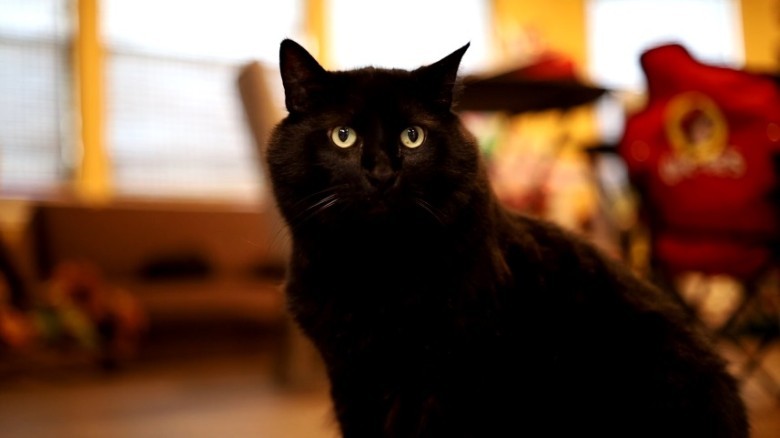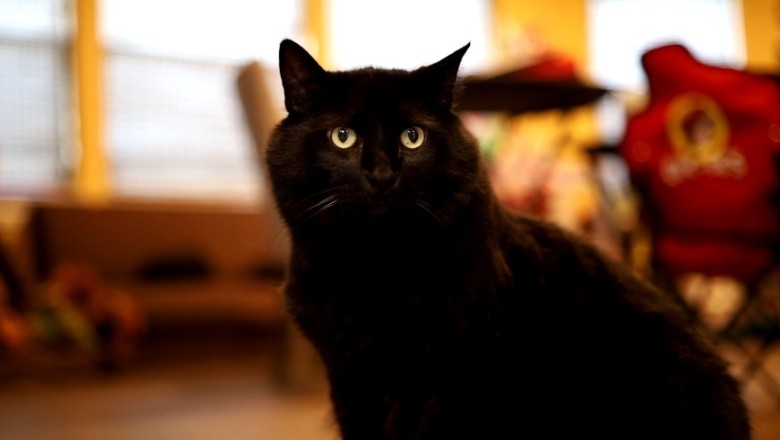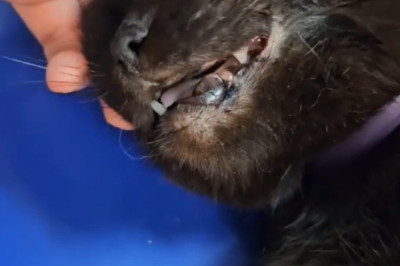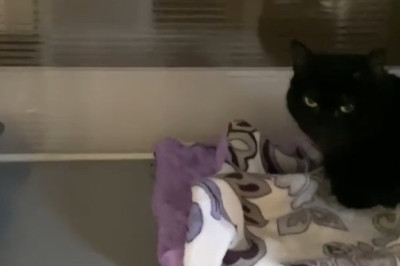Cat's Pet Peeves: Understanding Your Feline Companion's Dislikes
While cats are known for their affectionate companionship, they also boast a strong-willed nature and a deep sense of territoriality.
Have you ever found your feline friend in a particularly irritable state, seemingly annoyed by the slightest disturbance? Understanding what triggers your cat's discontent can help foster a harmonious relationship with your furry companion.

Listed below are the top 10 annoyances that experts suggest might rub your cat the wrong way and transform them from a docile pet to a feisty feline ready to pounce.
-
Intense Staring: Cats interpret prolonged staring as a threat, triggering feelings of vulnerability and unease. Avoid making prolonged eye contact to prevent agitation.
-
Transparent Carriers: Opt for opaque carriers instead of transparent ones to provide your cat with a sense of security and privacy during transportation.
-
Stale Food: Always serve your cat fresh meals and ensure their bowls are clean to prevent aversion to stale or mixed food.
-
Dirty Litter Box: Regularly clean your cat's litter box to maintain a sanitary environment and prevent undue stress that may lead to improper elimination.
-
Forced Baths: Cats generally dislike water, so opt for alternative grooming methods such as regular brushing to uphold their hygiene without causing distress.
-
Collar Bells: Avoid attaching bells to your cat's collar as the loud noise can agitate their sensitive ears and disrupt their stealthy nature.
-
Nail Trimming: Approach nail trimming with patience, cutting a few nails at a time during relaxed moments to alleviate stress for your cat.
-
Excessive Pampering: Respect your cat's need for personal space and moments of solitude, allowing them to dictate their preferred level of interaction and affection.
-
Strong Odors: Cats possess a keen sense of smell, so avoid overwhelming fragrances or placing their essentials near potent scents that may cause discomfort.
-
Environmental Changes: Cats thrive on routine and stability, becoming agitated by sudden alterations in their surroundings. Minimize disruptions such as moving furniture or abrupt changes to maintain their emotional well-being.
By recognizing and respecting your cat's preferences and sensitivities, you can cultivate a harmonious and enriching bond with your feline companion, fostering a mutually fulfilling relationship built on understanding and empathy.






















Comments
0 comment